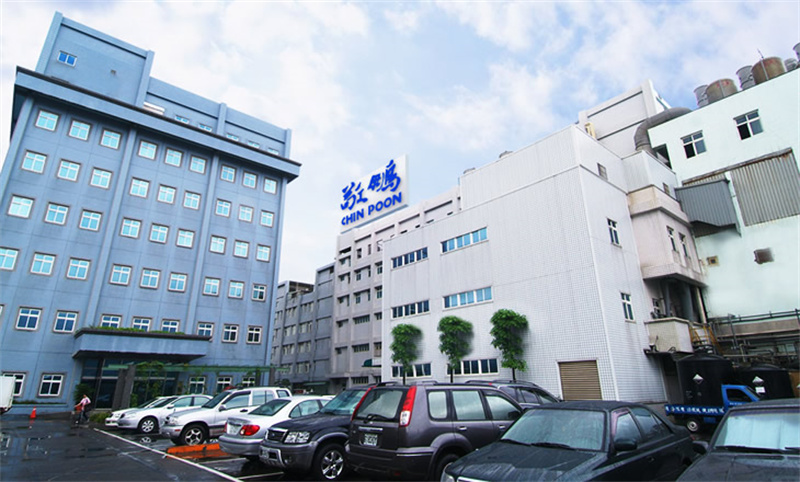Despite widespread expectations that U.S. interest rate cuts would help revive the electric vehicle (EV) and automotive markets, Taiwanese automotive PCB giant Chin Poon (2355.TW) remains cautious. The company expressed a conservative outlook for the second half of the year, expecting performance to be on par with the first half, as customer market sentiment remains subdued. Chin Poon stated that it would continue to monitor the actual effects of U.S. rate cuts.
According to the company, the primary challenge is not capacity, but fluctuating demand. Previous interest rate hikes and inflation have dampened global automotive purchasing power. To navigate these market conditions, Chin Poon aims to avoid overstocking inventory, targeting inventory levels at around one month of revenue. During the pandemic, supply chain disruptions led to an inventory build-up of up to 2.5 months, which put pressure on the company’s operations.
In the second quarter of 2024, automotive PCBs accounted for 78% of Chin Poon’s revenue, followed by communications at 9%, industrial applications at 8%, and consumer electronics at 4%, with the remainder coming from other sectors. Chin Poon currently employs about 7,000 people globally, with 3,000 based in Taiwan.

Regarding its low Earth orbit (LEO) satellite business, Chin Poon noted that production for some customers will be handled by its Taiwan plant to meet certification requirements, while other clients will be supplied by its new plant in Thailand. However, the company emphasized that the LEO satellite market remains fragmented.

Chin Poon operates three main production facilities in Taiwan, mainland China, and an older plant in Thailand. This year, the company plans to add a new plant in Thailand with an investment of NT$3-4 billion. The Taiwan plant accounts for 55% of total capacity, with most sales tied to global automotive markets. The Asian market accounts for 35% of sales, with 15-18% coming from mainland China. More than 80% of sales are from outside China.
Due to local operational processes and customer requirements, the capacity ramp-up at the new Thailand plant may be delayed, with full production expected by 2025. Currently, the company is focused on upgrading equipment at the older Thailand facility.
+86 191 9627 2716
+86 181 7379 0595
8:30 a.m. to 5:30 p.m., Monday to Friday
